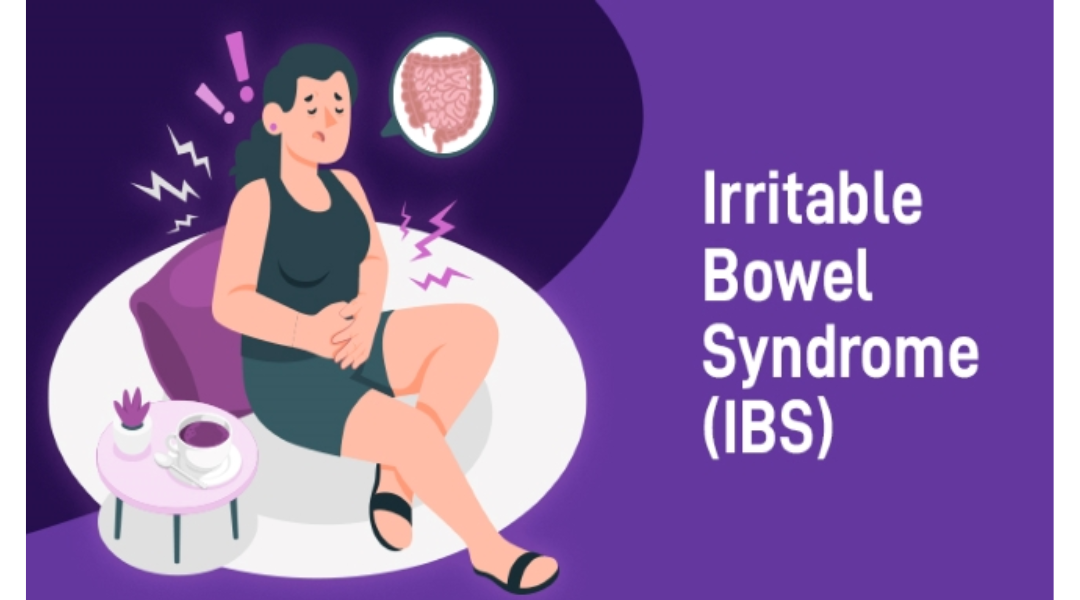What is IBS?
Irritable Bowel Syndrome (IBS) is a common, but often misunderstood, gastrointestinal disorder. It affects around 12% of people worldwide. It can occur at any age but often develops in early adulthood and tends to affect more women than men.
It affects the normal functioning of the digestive system. Diagnosis is based on the presence of specific symptoms, and a finding of no other gut diseases.
What are the symptoms?
There can be a range of symptoms including, which can significantly impact an individual’s quality of life.
These include:
- Cramping and abdominal pain
- Bloating, gas
- Diarrhea and / or constipation
What causes IBS?
The exact cause of IBS remains unknown, but several factors are thought to contribute to its development. These factors may include:
- Altered Gut Movement: abnormal contractions of the muscles in the intestines. This may slow down or speed up movement of stool through the bowel, causing problems.
- Abnormalities in the Gut-Brain Axis: Problems with nerve messages between the gut and the brain can lead to more sensitivity to pain, and changes in bowel function.
- Intestinal Inflammation: Low-grade inflammation in the intestines may contribute to IBS symptoms.
- Microbial Imbalance: Changes in the gut microbiome, (the normal bacteria living in the intestines), have been associated with IBS.
- Psychological Factors: Stress, anxiety, and other psychological factors can worsen IBS symptoms.
In recent years, there has been more recognition of the role of pelvic health physiotherapy in managing IBS symptoms. There can be a relationship between IBS and pelvic floor dysfunction.
Treatment Options:
While there is no cure for IBS, various treatment approaches can help manage symptoms and improve quality of life. These include:
- Dietary Changes: Avoiding trigger foods such as certain carbohydrates (FODMAPs), caffeine, and alcohol, and following a balanced diet, may alleviate symptoms.
- Stress Management: Techniques such as mindfulness, relaxation exercises, and cognitive-behavioral therapy (CBT) can help reduce stress and improve symptoms.
- Medications: Depending on symptoms, medications such as antispasmodics, laxatives, or anti-diarrheals may be prescribed to help.
- Pelvic Health Physiotherapy: Pelvic health physiotherapists specialise in assessing and treating pelvic floor dysfunction, which can contribute to or exacerbate IBS symptoms.
Role of Pelvic Health Physiotherapists:
Pelvic health physiotherapists play a crucial role in the management of IBS, particularly in cases where pelvic floor dysfunction is involved. The pelvic floor muscles, which support the bladder, bowel, and reproductive organs, can become tight, weak, or dysfunctional due to various factors. Dysfunction in these muscles can contribute to symptoms such as pelvic pain, urinary and faecal incontinence, and altered bowel habits, often overlapping with IBS symptoms.
Pelvic health physiotherapists can help with:
- assessing and treating pelvic floor dysfunction through techniques such as pelvic floor muscle training (relaxation or strengthening), pelvic floor release, and biofeedback.
- breathing and relaxation techniques
- advice on good bowel routine
- stress reduction strategies (stress can be a trigger for a flare up of IBS symptoms)
- advice on simple dietary modifications
- lifestyle advice to help improve pelvic health and reduce symptoms
Pelvic health physiotherapy offers a holistic approach to managing IBS symptoms, addressing pelvic floor dysfunction and providing advice about improving bowel function. We work collaboratively with other healthcare providers, to help you find relief and regain control over digestive health.

